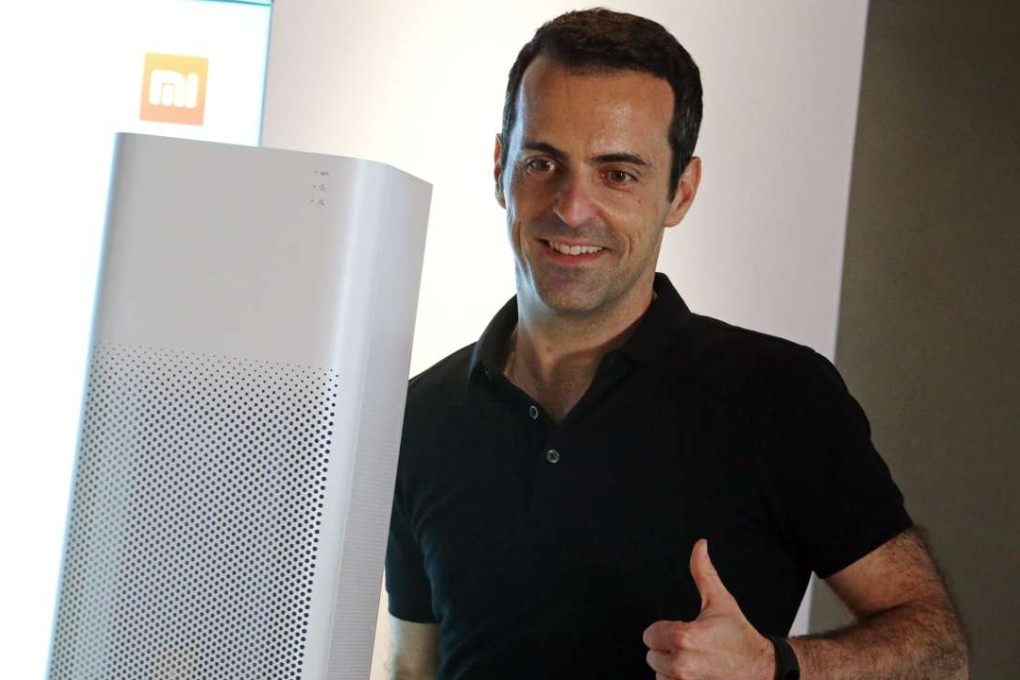Xiaomi considering second Hong Kong store, a sign of city market’s value to Chinese brand
Hugo Barra, vice-president of the Chinese tech company, maps out Xiaomi’s vision: to sell an all-encompassing hardware and software package that connects to the world

Xiaomi is looking to open a second flagship store, Mi Home, in Hong Kong despite the slowdown in the city’s retail sector.
The company’s vice-president of international, Hugo Barra, said at a product launch last week that there was a “big chance” a second location would be added to its Mong Kok store that opened last year.
“Obviously we have to choose the locations very carefully. Retail is all about location and details,” he told the Post, adding that a date would be announced later. “Suffice to say this [Mong Kok] location is such a huge hit that we think that the model is worth repeating.”
Barra, a former senior executive at Google, says Hong Kong is an important market for Xiaomi. It recently launched two smartphones and an air purifier in the city.
“It’s the first time we’ve officially launched an IoT [Internet of Things] product outside mainland China,” he says, referring to the Mi Air Purifier 2. “This speaks to how the Hong Kong market is for us.”
Barra also launched the latest 6.4-inch Mi Max phablet during his visit last week. The 39-year-old Brazilian computer scientist says the company is seeing record demand for the model and have already received 60 million pre-registrations in China for the Mi Max.